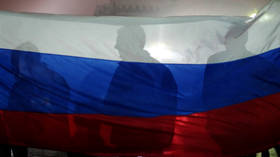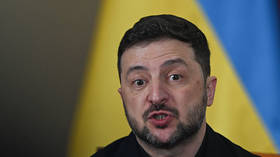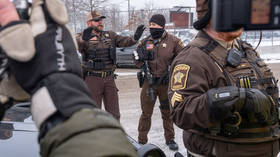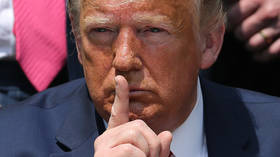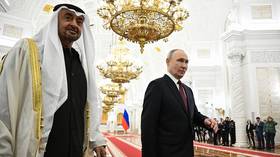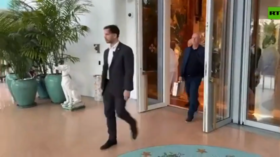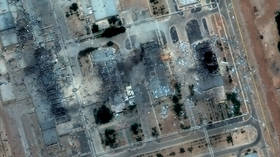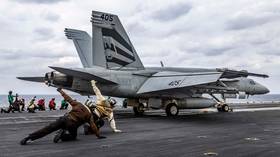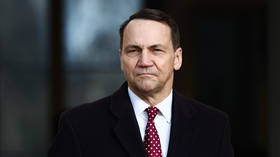Russians name key national symbols - poll
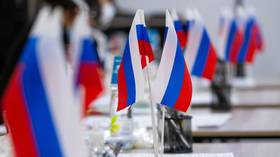
Citizens of Russia associate their nation with its nature and people – and also its president, Vladimir Putin, a poll conducted by the state VTSIOM polling agency has shown. Published on National Flag Day, the survey suggested that people tend to link the word ‘Russia’ with the official national symbols, the Russian people and their motherland.
“Our fellow citizens have only positive associations with the word ‘Russia’,” the polling agency said in a statement, adding that these include “nature, history, architectural landmarks, cities, animals, culture and literature” among others.
The biggest group of respondents (12%) linked Russia to its national symbols – the flag, emblem and national anthem. Almost as many people, a respective 11% and 10%, said they associate it with “the people" and "home." Around 7% of Russians named Putin as the symbol of Russia and just as many mentioned the country's nature, such as the birch tree or Siberia’s Lake Baikal, the biggest freshwater lake in the world.
The poll showed that young Russians tend to associate their nation with Putin more closely than their older compatriots. Among those aged between 18 and 24, 10% saw Putin as the symbol of Russia. The bear was named by just 5% of respondents.
On Monday, Putin addressed the nation on National Flag Day and said that the flag “remained Russia’s symbol in difficult, challenging periods of its history,” including World War I and “the contradictory, arduous 1990s” that followed the collapse of the Soviet Union.
The flag has become “a symbol of the unity of our people and their devotion to the Fatherland and readiness to uphold national interests,” the president said, adding that it “symbolizes our faith in our traditional values that we will never give up – truth and justice, solidarity and mercy, and respect for Russia’s centuries-long uninterrupted history.”
Russia is a “strong, independent world power” that is “committed” to defending its national interests and will not “permit any foreign hegemony or diktat,” he added. His words came amid the ongoing Russian military operation in Ukraine, which has led to unprecedented tensions between Moscow and the West. The US and its allies in Europe and elsewhere have subjected Russia to harsh sanctions.
Russia sent troops into Ukraine on February 24, citing Kiev’s failure to implement the Minsk agreements, designed to give the regions of Donetsk and Lugansk special status within the Ukrainian state. The protocols, brokered by Germany and France, were first signed in 2014. Former Ukrainian President Pyotr Poroshenko has since admitted that Kiev’s main goal was to use the ceasefire to buy time and “create powerful armed forces.”
In February 2022, the Kremlin recognized the Donbass republics as independent states and demanded that Ukraine officially declare itself a neutral country that will never join any Western military bloc. Kiev insists the Russian offensive was completely unprovoked.
